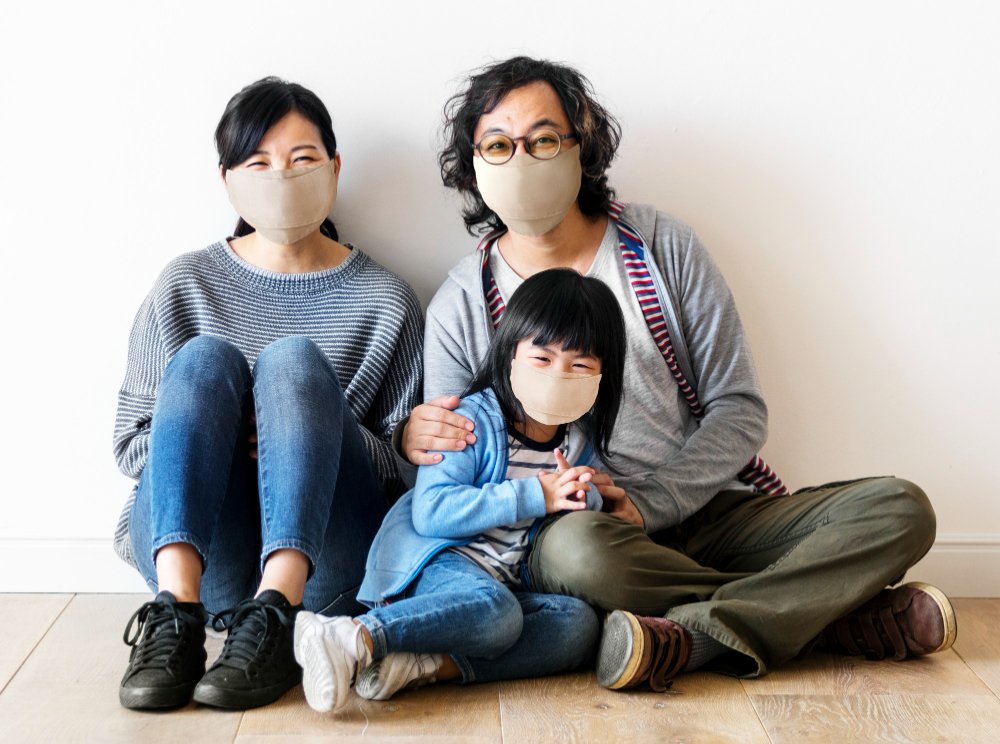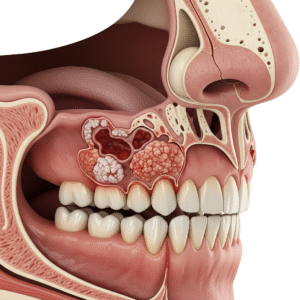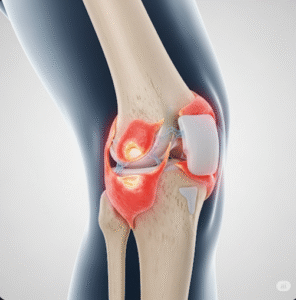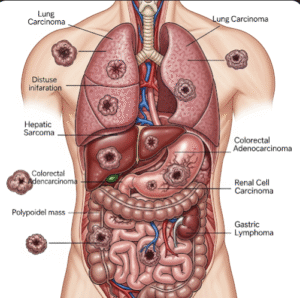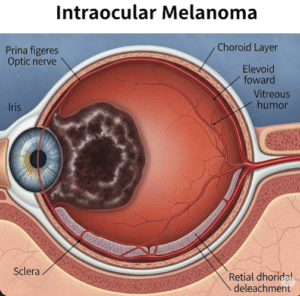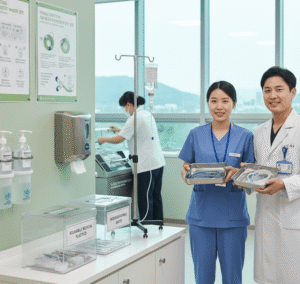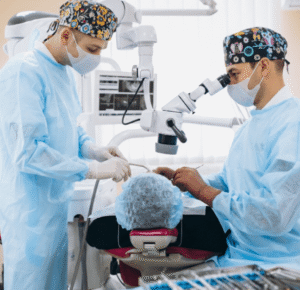Overview
Ascariasis is a parasitic infection caused by the roundworm Ascaris lumbricoides, one of the most common human intestinal worms globally. People typically become infected by ingesting the parasite’s eggs from contaminated food, water, or soil. While often asymptomatic in mild cases, heavy infections can lead to malnutrition, intestinal blockages, and respiratory issues. Though rare in developed nations, sporadic cases still occur, including in Korea, especially among those with international exposure or poor hygiene.
What is Ascariasis?
Ascariasis is an intestinal worm infection that results from ingesting the eggs of the Ascaris parasite. Once inside the body, the eggs hatch in the intestines, and the larvae travel through the bloodstream to the lungs before returning to the intestines to mature. This life cycle can cause both gastrointestinal and respiratory symptoms. It is more common in areas with poor sanitation and hygiene.
Symptoms
- Often asymptomatic in light infections
- Abdominal discomfort or pain
- Nausea and vomiting
- Diarrhea or constipation
- Visible worms in stool or vomit
- Cough, wheezing, or shortness of breath (during larval lung migration)
- Weight loss or malnutrition in chronic cases
- Intestinal blockage or biliary obstruction (in severe infections)
Causes
- Ingestion of Ascaris eggs from:
- Contaminated soil or unwashed produce
- Poor sanitation and hygiene
- Fecal-oral transmission in crowded or unsanitary living conditions
- Eggs can survive in soil for years, making reinfection common in endemic areas
Risk Factors
- Living in or traveling to tropical or subtropical regions with poor sanitation
- Children (due to hand-to-mouth behavior)
- Using human feces as fertilizer
- Inadequate handwashing practices
- Consumption of contaminated food or water
Complications
- Intestinal obstruction (especially in children)
- Biliary or pancreatic duct obstruction
- Malnutrition and vitamin deficiencies
- Growth retardation in children
- Pulmonary symptoms during larval migration (Löffler’s syndrome)
- Appendicitis or peritonitis (in rare cases)
Prevention
- Wash fruits and vegetables thoroughly
- Practice good hand hygiene, especially before eating
- Drink clean, filtered, or boiled water
- Avoid consumption of raw produce in high-risk areas
- Improve sanitation and waste management
- Periodic deworming in endemic populations
Treatment Options in Korea
Korea has modern diagnostic and treatment options for ascariasis, though cases are rare due to good public hygiene. However, in instances involving international exposure or foreign nationals, treatment follows global best practices.
1. Diagnosis
- Stool examination to detect Ascaris eggs or adult worms
- Blood tests may show elevated eosinophil count
- Imaging (X-rays, ultrasound, or CT) for intestinal or biliary obstruction
2. Medications
- Albendazole or Mebendazole – highly effective in killing adult worms
- Pyrantel pamoate – alternative anti-parasitic agent
- A single dose is often sufficient, but follow-up may be needed in heavy infections
3. Surgical or Endoscopic Intervention
- For complications such as intestinal blockage or biliary duct obstruction
- Korean hospitals offer minimally invasive procedures for worm extraction
4. Supportive Care
- Nutritional support for malnourished individuals
- Symptomatic relief for abdominal pain, nausea, or respiratory issues
5. Public Health Monitoring
- Korea’s public health system includes monitoring for imported parasitic diseases
- Schools and daycare centers may run hygiene education programs
- Immigrant and refugee health screenings often include stool tests for parasites

